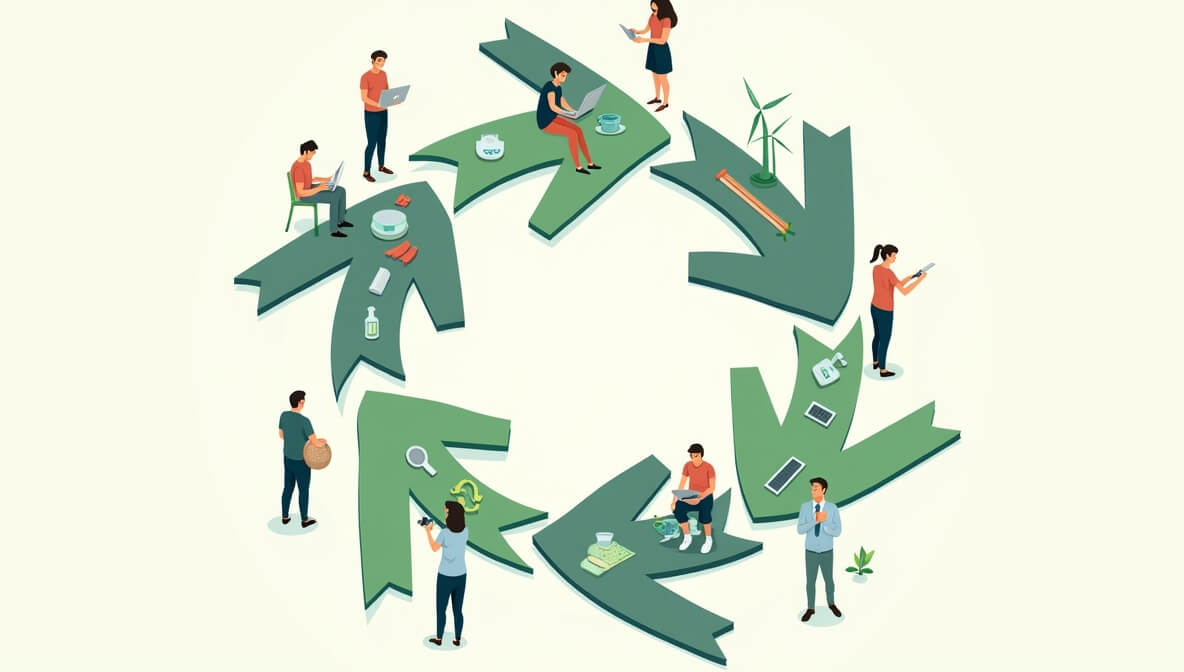What Drives People to Volunteer? Insights and Motivations

Volunteering is one of the most powerful expressions of human empathy and social responsibility. Around the world, millions of people contribute their time, energy, and skills to causes they care about—from mentoring youth and cleaning up neighborhoods to advocating for climate action and responding to humanitarian crises.
But why do people volunteer? What drives someone to give without expecting anything in return?
The answer lies in a rich and diverse mix of motivations, ranging from deep compassion to personal development. Understanding these motivations not only helps organizations better engage volunteers—it also reveals how acts of service enrich lives, communities, and society at large.
1. Altruism and Compassion: The Drive to Help Others
- At the core of volunteering is a simple yet powerful force: empathy. Many volunteers are motivated by an innate desire to relieve suffering, improve lives, and respond to injustice. This altruistic drive can be sparked by personal experiences, witnessing hardship, or simply caring deeply about a particular issue.
- For instance, during natural disasters or pandemics, volunteers often mobilize faster than government agencies—distributing food, providing first aid, supporting shelters, or just offering a listening ear. Their motivation is not reward, but the immediate, human need to help others in distress.
- Scientific research also supports this. Acts of altruism activate reward centers in the brain, leading to what some call the “helper’s high”—a lasting sense of happiness and well-being.
- Dive deeper into the psychology behind this drive in The Psychology of Altruism: Why We Help Others.
2. Building Community and Human Connection
- Volunteering fosters connection and belonging—a sense that we are part of something greater than ourselves. For many, it’s not just about what they give, but what they become a part of.
- Whether it’s helping at a local food pantry, organizing a neighborhood event, or joining an international mission, volunteers often describe the relationships and bonds they form as one of the most rewarding aspects of service. These experiences break down barriers, bring people from different walks of life together, and help build stronger, more inclusive communities.
- Examples:
- In multicultural urban areas, volunteering often becomes a bridge between communities.
- In rural towns, volunteers preserve cultural traditions and support neighbors during economic downturns.
3. Personal Growth and Skill Development
- Contrary to the myth that volunteering only benefits the recipient, volunteers gain just as much—if not more. Volunteering is a powerful vehicle for learning, exploration, and personal transformation.
- Many people volunteer to:
- Discover their passions
- Improve leadership or communication skills
- Explore new career paths
- Gain experience for college or job applications
- Build confidence in new environments
- For students and young professionals, volunteering offers a safe space to develop real-world skills. For career changers or retirees, it becomes a platform to redefine purpose and continue growing.
- Example: A marketing student volunteers at a nonprofit, creating social media campaigns. Not only does the organization benefit, but the student gains a portfolio, connections, and confidence.
- Volunteering isn’t just giving—it’s growing.
4. A Sense of Purpose and Emotional Fulfillment
- One of the deepest motivations for volunteering is the desire to live a meaningful life. People want to know that their actions matter—that they’re contributing to something larger than themselves. This drive becomes especially important during times of personal transition or uncertainty.
- Volunteering often brings:
- A renewed sense of identity
- Purpose after retirement or job loss
- Healing after trauma or grief
- Joy and clarity during times of stress
- In fact, studies show that regular volunteers report higher levels of happiness, lower stress, and even increased life expectancy. The act of giving back can anchor people emotionally, helping them feel more connected, grounded, and purposeful.
- Discover how volunteering builds collective identity in The Power of Collective Action: When Communities Unite.
5. Advocacy and Social Change
- Not all volunteers are motivated by direct service—some are driven by a strong sense of justice and the desire to change systems. These individuals see volunteering as activism. They work to address root causes, not just symptoms, and often dedicate their efforts to human rights, policy reform, environmental protection, or poverty reduction.
- Whether it’s organizing rallies, lobbying legislators, raising awareness, or participating in civil disobedience, advocacy-driven volunteers are the catalysts for long-term transformation.
- Example: Environmental volunteers don’t just clean beaches—they also push for regulations that reduce plastic waste at the source. Similarly, those volunteering with refugee services may advocate for more humane immigration policies.
- Their motivation lies in making lasting, structural change.
- For global volunteer-led impact, explore the United Nations Volunteers Program, which mobilizes people to support sustainable development and peacebuilding around the world.
Multiple Motivations, One Powerful Impact
It’s important to recognize that most volunteers are driven by a combination of motivations. One person might start volunteering to gain work experience and end up staying because of the friendships formed. Another might be inspired by compassion, but discover personal healing in the process.
What unites all volunteers is a desire to make a difference—both in the world and in themselves. Their diverse motivations converge in a shared commitment to service, community, and hope.
Final Thoughts: Why Volunteering Matters Now More Than Ever
In a time of growing division, uncertainty, and crisis, volunteering is a powerful reminder of our shared humanity. It cuts across cultures, ages, and backgrounds to unite people in meaningful action.
Volunteering:
- Helps people reconnect to purpose
- Strengthens communities from the ground up
- Amplifies voices that are often unheard
- Builds resilience and hope for the future
Whether you can offer an hour a week or dedicate years to a cause, your time matters. Your effort ripples outward—touching lives, inspiring change, and helping to create the kind of world we all want to live in.
Explore More:
